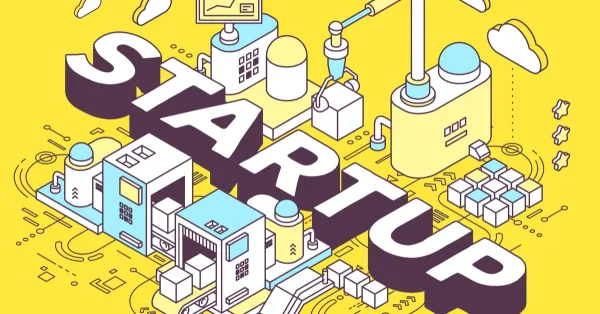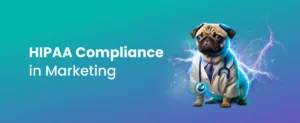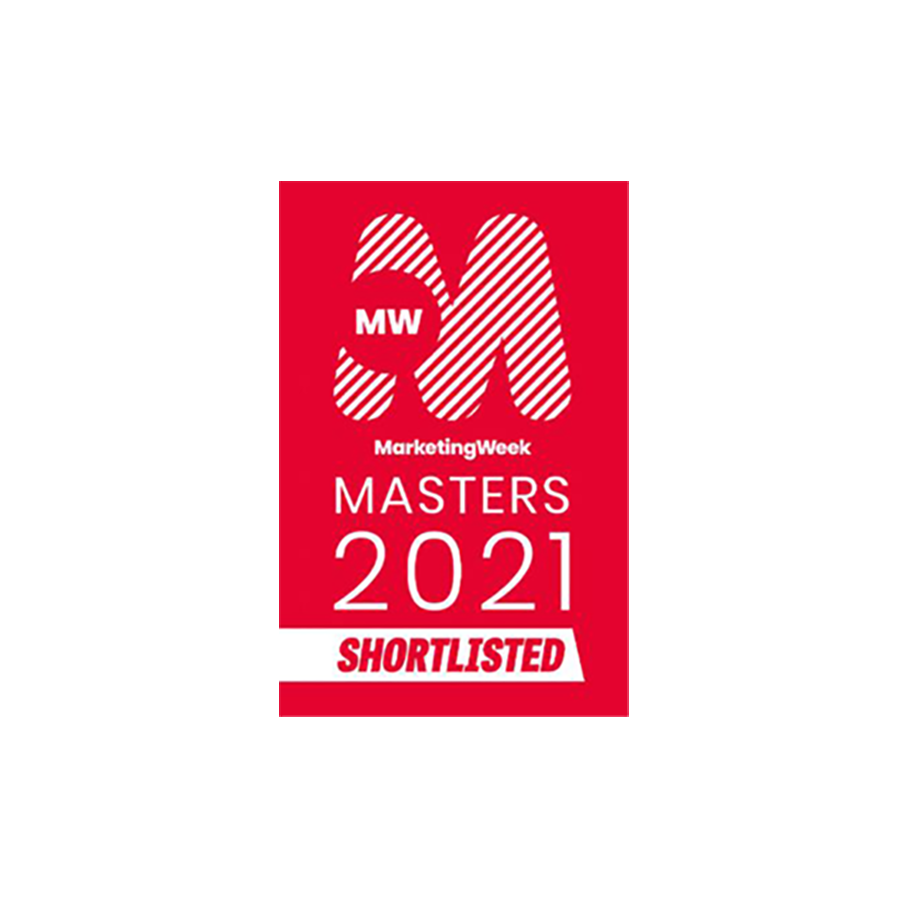Effective marketing is difficult to get right for any startups. Between budget limitations, creative inspiration and decisions about the best platforms and channels, B2B startups have a lot to juggle when making marketing plans. There’s plenty to find out.
We’ve developed this 2 part guide to help B2B startups take the best steps for growth and opportunity!
Where to start?
The biggest factor in effective marketing is clarity about your customer. If you’re not properly defining your buyer then your marketing investment could be a waste of money.
The good news is that there are many tools and insights available to help define the digital profile of your audience and once that groundwork is complete, understanding your customer’s chief influences and purchase triggers is a great step forward in building an effective B2B marketing plan.
What is a customer persona?
Marketing defined personas are semi fictional representations of your ideal customers based on data and research. This information helps you focus your time on qualified prospects. It also helps guide product development to suit the needs of your target customers and align all work across the business (from marketing to sales to customer service).
Having the deepest knowledge of your buyer will help attract high value relevant website visitors, leads and customers to your business, who you’ll be more likely to retain over time.
Defining your customers
So your business is solving a problem your target customers are facing. Knowing as much as possible about the buyers searching for these solutions – and why – is key. You will likely already have a good understanding of your potential customers but often large B2B purchase decisions are not confined to one individual.
In B2B marketing, there are likely to be multiple decision makers responsible for purchase decisions. So take time to prepare and define your primary customer profile. This includes the business sector size and geographic location (and possible location based restrictions), the ideal size of your target company, how many employees it has and who are the chief decision makers. Once you’ve identified your customer, decisions about where and what type of marketing to undertake will become much more clear.
In a nutshell, here’s a 3 point guide to help prepare for B2B purchase triggers:
Think about Purchase Motivation: In the B2B sector, customers are focused on ROI, efficiency and expertise as well as logic and financial incentive. Make sure these features are front and centre in any marketing – digital or otherwise
Influence & Drivers: Customers are influenced by educative content & business authority. What are you doing to optimise off-line visibility? Ie face to face networking and speaker opportunities – and online visibility such as blogs, white papers & E-Books.
The sales cycle: Due to the value of B2B purchases, decisions often take longer and involve more than one person. This is where a practice known as Account Based Marketing can become a more useful tool. It’s a B2B tactic that blends sales and marketing resources to focus energy on one significant customer relationship rather than multiple smaller businesses. Find out how to ace Account-Based-Marketing.
At the early stages of growth, a blended approach combining paid and organic works well. For example, mixing up a paid strategy on LinkedIn with SEO using the right keywords and PR to help elevate awareness.
Essentially this approach is about connecting your product or service with the right decision makers, so knowing who they are in advance of committing any spend is vital.
Part 2 of this blog will look at all different digital marketing opportunities but by way of a quick overview: LinkedIn is a useful tool to help you target your ideal buyer – linked to their job title and sector. And SEO will help you become visible in a relevant customer search for solutions.
Both paid and organic tactics are aligning your business with the right people seeking a product or service like yours.
What’s the competition?
Keeping a keen eye on any new and more established competitors is really important. Particularly if you are in a market where price is a trigger point for customers. Your product might be better but until you are established in the market, your business awareness could be low.
There are many automated ways you can track competitors. This includes setting up Google Alerts for online mentions and monitoring keywords from your Google console. Both of these are completely free. There are also relatively cost effective tools to monitor social media sentiment around your industry through sites like Prowly, Sprout Social and Sprinklr.
Also stay alert to new competitor content on shared channels such as websites and LinkedIn. Being aware is being ready to react, particularly if price drops are going to affect your business.
Growth marketing toolbox
As a B2B startup, cost is a major factor in marketing investment but equally, setting a budget for testing different platforms is a sensible part of your strategy too.
Some marketing tactics work better than others for B2B startups. Here’s our top 5 tips and tactics for best targeting, effective ROI and cost effectiveness:
1. What customers want?
Knowledge and expert answers. Assets that provide professionals with an immediate solution will help create sales ready conversations. Research shows that B2B case studies and industry trends and predictions are winning content types.
2. Think visual
79% of B2B buyers view webinar or video content once or twice per week and over 95% view content once per month. So startups willing to invest time, money and resources into developing video based content tailored to their audiences are bound to see great ROI.
But also remember the phrase: digital fatigue. A recent survey from BrightTalk shows 59% of B2B buyers are experiencing digital fatigue so look for wider avenues to share your expert content. This could include live events, conferences & speaker opportunities.
3. The power of content
For cash strapped startups, content marketing is a cost effective marketing strategy used to attract, engage, and retain an audience by creating and sharing relevant articles, videos, podcasts, and other media. This approach establishes expertise, promotes brand awareness, and keeps your business top of mind when it’s time to buy what you sell.
4. Blend sales and marketing
This is where an expert agency comes in very useful! Their experience will ensure your content works as hard as possible – whether that’s making sure your website has an excellent customer experience or your content helps optimise a digital advertising strategy.
If you’re ready to embark on your first digital advertising campaign, seek out an agency partner who can help with targeting and reduce waste. Most digital spend needs constant monitoring and adjustment so for a time-poor startup team, this can be tricky.
5. Think global, act global
Most B2B startups should recognise a global marketplace from the outset. Particularly if products and services are related to business growth and efficiency services which are universal needs. Business growth targets, new markets, increased margins, product range synergies, changes to trading laws or increased barriers in existing markets – these are just a few factors that might drive your B2B products or services to international markets as part of your digital strategy.
With current estimates that over 63% of the world’s total population is now online (source: datareportal.com) using e-Commerce tools to access and sell to new customers internationally has never been more accessible.
Ensuring that all aspects of your business are ready to capitalize on the opportunities that the global market presents is essential and preparing your international marketing strategy should be top of the list.
Don’t go it alone!
Startup life can feel like a long lonely road but there are so many groups, communities and other B2B businesses that could provide useful partners. Forming connections and partnerships are a cost effective way to drive reach and create new business opportunities. Attend B2B events, listen to podcasts and find relevant topic webinars. All this effort will help identify complementary business partners!
We’re here to help! Contact us to find out more about our work with B2B startups.



















